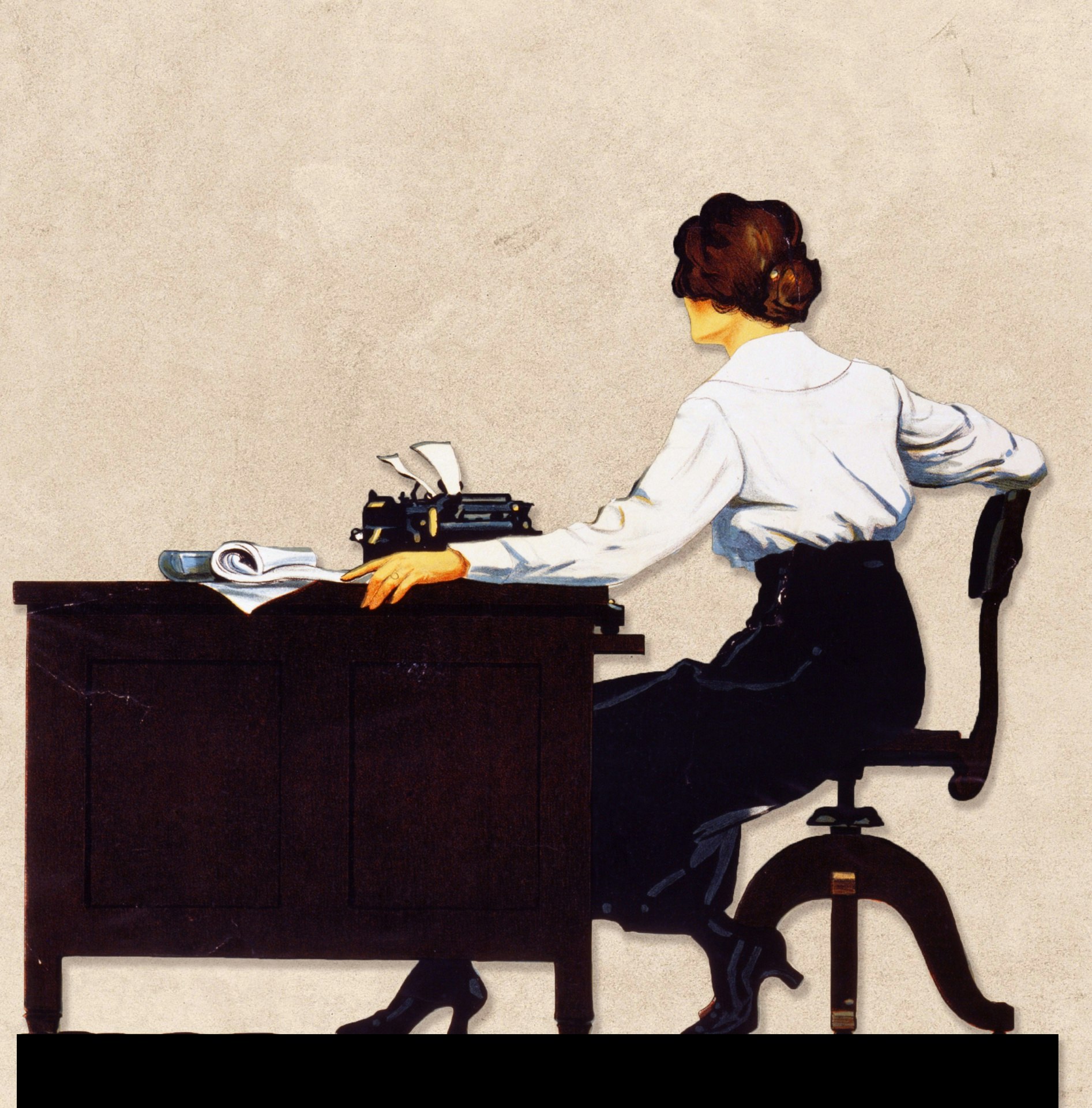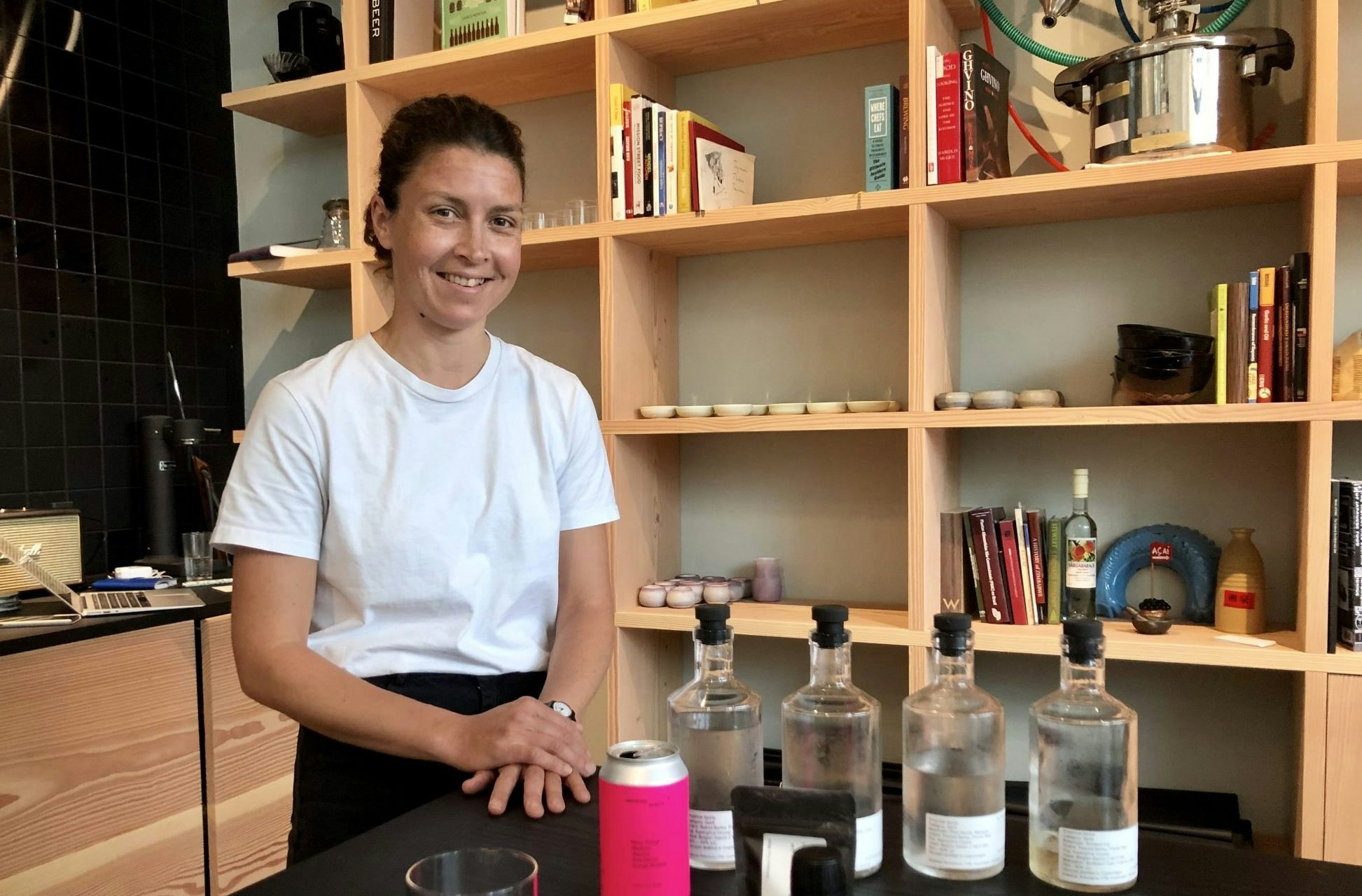The Swedish oat drink company Oatly has long been an expert in controversial marketing campaigns.
Back in 2015 the startup plastered slogans such as ‘It’s like milk but made for humans’ or ‘No milk, no soy, no badness’ all over Sweden.
The company was taken to court by the milk lobby and lost the case. But as Oatly’s creative director Martin Ringqvist said to Sifted in March, it generated a huge number of positive headlines for the company. Sales soared.
“It was a huge communications success. It dared to take on the milk monopoly and Oatly was worshipped for it,” says Ingela Stenson, long-term communication expert in the milk industry, now at the analytics company United Minds.
Four years later the company is trying the same tricks again: but this time it is a different story and negative headlines abound.
In Sweden the company’s new campaign “Spola mjölken” (Flush the milk) has been met with a furore and a string of negative articles.
What’s changed?
The first big difference between 2015 and 2019 is that Oatly has got a new shareholder. In 2016 the state-owned investment company China Resources bought a 30% stake in the company through a joint venture.
According to Ringqvist, the opportunity to open up more factories, in for example Holland and New Jersey, had not been there without a change of ownership. It also made it possible for Oatly to enter the lucrative Chinese market.
“One of the reasons [for Chinese owners] was to enter the Chinese market. The country’s dairy consumption is on the rise and it would not be sustainable if China took our Western living habits. It would be a climate disaster,” Ringqvist tells Sifted. “We have an obligation to be there to offer a sustainable alternative.”
But critics accuse Oatly of hypocrisy for having Chinese owners and at the same time be all in for the environment. Various reports put China in the lead for having the highest Co2 emissions in the world and it has a questionable human rights record.
“Ditch Oatly’s hypocrisy. Drink milk!” is Emma Jaenson’s headline for the editorial piece in Blekinge Läns Tidning, published on September 17, is one example of upset voices in Sweden.
No more honeymoon
The Chinese owners have been a thorn in the side for many but according to Stenson it also has to do with timing. The reactions to the campaign would perhaps have been milder if it had been earlier in the company’s history.
“Like most new things, Oatly has had a long honeymoon but then the facade started to crack. It started with the discussion that oat drinks do not naturally have all the good stuff as real milk does,” Stenson says.
“Then the issue with the Chinese owners came to the Swedes attention.”
In comparison to Holland and the UK, where similar campaigns (Ditch Milk) have been running in early 2019, the critical media coverage is as good as non-existing.
Then the issue with the Chinese owners came to the Swedes attention
Ringqvist adds that the harsh reaction to the advertisement campaign in Sweden has partly to do with a misconception of the size of Oatly.
“We and all other plant-based alternatives to milk, stand for a tiny proportion of the milk production but in some way, we are portrayed as being equal in size. During the campaign four years ago, we were still seen as small and harmless,” Ringqvist says.
Misjudged tone or made for headlines?
But the campaign in Sweden has also been criticised because of the tone and the subtext to the campaign.
For young Swedes and for people beyond the Swedish borders, “Spola mjölken” will probably not mean much, but is a reference to a classic alcohol information campaign from the 70’s “Spola kröken” (Flush the booze).
“Spola kröken was about excessive alcohol consumption and alcoholism. To people overall, it is a bit harsh to compare it to drinking milk,” says Stenson. “Oatly has always been playful in their advertisement and displayed themselves as an alternative - not to completely flush out milk.”
For many critics, the campaign was a step too far. The words most popular when mentioning Oatly in social media were ‘Chinese’, ‘shit’, ‘Swedish’ and ‘milk farmers’ according to the PR agency Meltwater, published by the media magazine Resumé.

That Oatly wants people to pour out milk is a misunderstanding, according to Ringqvist.
“We obviously don’t want people to literally flush out the milk, that wouldn’t be sustainable. The campaign is a wink to the old information commercial with a purpose to moderate people’s alcohol consumption. In a similar way, we want to achieve moderation when it comes to drinking milk.”
One food blogger Matgeek, with 270,000 followers on Youtube, goes as far as naming a vlog ‘Ditch Oatly’ where he shows how to make your own oat drink.
Farmers as well
The reactions in Sweden to the Chinese owners and the advertisement would have been enough to make any company want to crawl back into a hole. For Oatly though, they also got the farmers against them.
It isn’t only the milk farmers that are raising their pitchforks to save the cows, but actually the oat farmers too. Some are saying that the campaign is putting a wedge between farmer groups and in turn, is risking turning farmers against each other.
Ditch Oatly’s hypocrisy. Drink milk!
“Are there buyers that are not doing business with Oatly, then I want to sell to them,” says Joakim Furhoff, a Swedish oat farmer, to the agricultural business magazine ATL.
Whether or not the wedge is for real, it surely has put a strain on Oatly's relationship with the public. For Oatly who is as dependent on the farmers as the milk industry, it is another backlash.
“People like farmers. If the farmers are hurt, then people will stand up for them”, Stenson says.
Swedish milk – a sacred cow
The complaints from consumers have already reached the Swedish trade agency, Konsumentverket, according to the Swedish newspaper Dagens Nyheter. The complains are mainly about the fact that the campaign is stating that there is 75% less Co2 emissions from a glass of Oatly than from ordinary milk (this has been proven to be correct).
Whilst the complaints keep on coming, the Oatly campaign is the most discussed advertisement campaign in Sweden this autumn and is a hot topic for food bloggers, opinion pieces and articles. Eight days after the campaign started, Resumé counted the number of Swedish articles on the topic to 45.
You cannot criticise milk in Sweden without getting a storm against you - it is a sacred cow so to speak
Ringqvist says that he expected a lot of discussions following the campaign and that in some way that was the whole purpose of it - to bring the problems of today’s dairy productions to the table.
“It is completely crazy but, yes, we had expected something similar. You cannot criticise milk in Sweden without getting a storm against you - it is a sacred cow so to speak.”
When being asked if Oatly went too far this time, he denies it.
“We are in the middle of a climate crisis where 25% of the greenhouse gases are created by the food industry. Half of that comes from meat and dairy production. Yes, we do get criticised for bringing this to the table, but for two weeks ago, who was talking about sustainable milk?”


